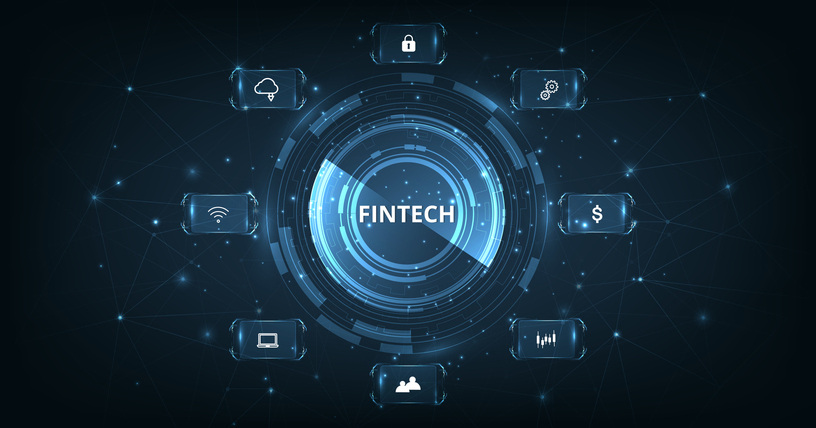How Can Fintech Companies Implement Effective Cybersecurity Measures?

 By
Jason Miller
·
2 minute read
By
Jason Miller
·
2 minute read
How Can Fintech Companies Implement Effective Cybersecurity Measures?
As fintech companies handle sensitive financial data and enable digital transactions, they are prime targets for cyberattacks. Implementing effective cybersecurity measures is essential to protect customer data, maintain regulatory compliance, and foster trust in digital finance. By adopting a multi-layered security approach, fintech companies can secure their platforms and mitigate the risks posed by evolving cyber threats.
Data Encryption and Secure Access Controls
One of the foundational cybersecurity measures for fintech companies is data encryption. Encrypting sensitive data, both at rest and in transit, ensures that even if attackers gain access, they cannot read or misuse the information. Additionally, implementing secure access controls, such as multi-factor authentication (MFA) and role-based access restrictions, minimizes the risk of unauthorized access.
Did You Know?
Did you know that 60% of data breaches in the financial sector involve compromised credentials? Implementing multi-factor authentication can significantly reduce this risk.
Continuous Monitoring and Threat Detection
Continuous monitoring and real-time threat detection are crucial for identifying unusual activities and potential threats. By using advanced analytics and AI-powered tools, fintech companies can detect anomalies in network traffic, flagging potential breaches before they escalate. This proactive approach to threat detection enables quick response, minimizing the impact of security incidents.
Employee Training and Cybersecurity Awareness
Human error is a common cause of security breaches. Regular cybersecurity training helps employees recognize phishing attempts, avoid suspicious links, and handle data securely. Building a culture of cybersecurity awareness among staff is essential to prevent accidental data exposure or other security lapses.
Incident Response Planning
An effective incident response plan ensures that fintech companies can quickly contain and manage security incidents. This plan should outline steps for threat containment, system recovery, and communication with stakeholders. By having a clear protocol, fintech firms can minimize downtime and protect their reputation during cyber incidents.
Enhancing Cybersecurity with BitLyft AIR®
BitLyft AIR® offers fintech companies comprehensive cybersecurity solutions that include real-time monitoring, advanced threat detection, and automated incident response. With BitLyft AIR®, fintech firms can strengthen their security posture and ensure regulatory compliance. Learn more at BitLyft AIR® Managed Detection and Response.
FAQs
Why is data encryption important for fintech companies?
Data encryption ensures that sensitive information, even if intercepted, remains unreadable without the appropriate decryption key, adding a critical layer of protection.
How does continuous monitoring benefit fintech cybersecurity?
Continuous monitoring enables fintech companies to detect threats in real-time, allowing them to respond swiftly and prevent potential security breaches.
What role does employee training play in cybersecurity?
Employee training helps staff recognize and avoid common cyber threats, reducing the risk of human error and enhancing overall security.
How does an incident response plan protect fintech companies?
An incident response plan provides a structured approach to managing cyber incidents, ensuring quick containment and minimizing operational impact.
How does BitLyft AIR® enhance cybersecurity for fintech companies?
BitLyft AIR® offers fintech companies real-time monitoring, AI-driven threat detection, and automated response capabilities, enhancing their overall cybersecurity posture.